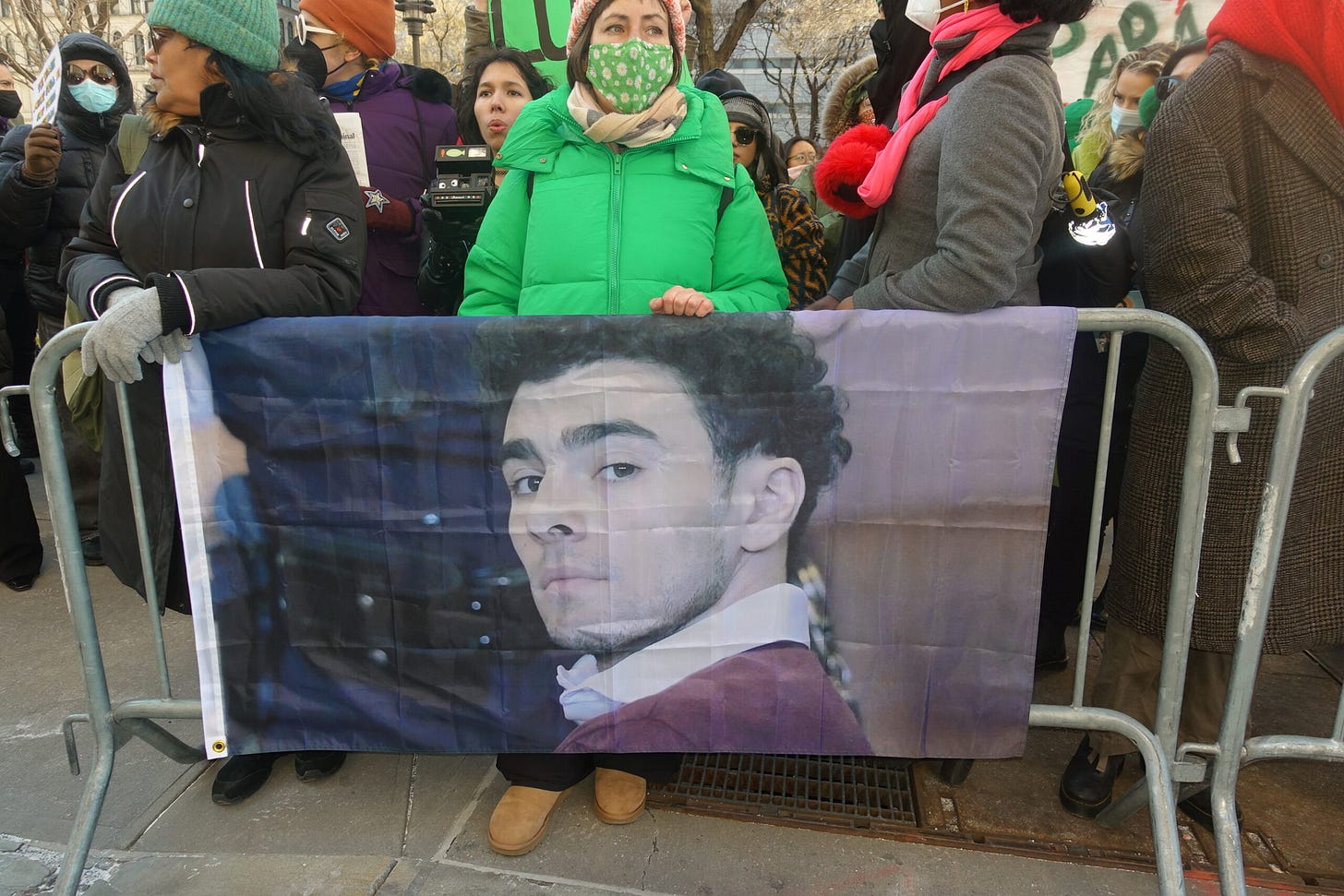Connecticut police officers were planning to arrest Christopher Poller in May of 2022 — they had a search and seizure warrant for his apartment — when they watched him exit a gray Acura and enter his home.
While one group approached the apartment, another officer used his iPhone camera to peer through the tinted windows and spot what appeared to be two guns wedged between the front seats and “a bag containing an unknown substance.”
The cops towed Poller’s car, got another warrant and seized the weapons and drugs that ultimately led to Poller’s 2024 guilty plea: drug possession with intent to distribute fentanyl and cocaine, plus possession of a firearm.
Poller argued the officers violated his reasonable expectation of privacy and conducted a trespassory search by physically touching the car. But the Second Circuit shot down those claims, affirming a lower court, Nika Schoonover reports.
“Whatever Poller’s subjective expectation of privacy may have been, his expectation that the installation of tinted windows shielded the car’s interior from all observations is not a reasonable one,” U.S. Circuit Judge Joseph F. Bianco, a Donald Trump appointee, said in the panel’s decision.
The Poller ruling tapped into the legal distinction between privacy rights in one’s home (or “castle,” one expert told Schoonover), which is afforded some of the strongest protections, and their vehicle, where those rights are decidedly weaker.
But cops still need probable cause to conduct a search, and in another ruling this week in Louisiana, a federal court found officers didn’t meet that standard when they detained a grandmother and subjected her to an invasive strip search at an unofficial police warehouse near Baton Rouge dubbed the “BRAVE Cave.” The court refused officers’ immunity plea to the woman’s civil rights claims, Daniel Conrad writes in a brief.
Seeking another type of legal shield, New York’s biggest police union failed to persuade the state’s top court not to unseal NYPD misconduct records from 1976 to June 2020 by retroactively applying transparency reforms adopted in the wake of George Floyd’s murder. Josh Russell covered the unanimous win for the plaintiff New York Post, which brought claims under the state’s Freedom of Information Law.
Here’s what else happened in court this week:
More than 100 supporters lined up at a Manhattan courthouse to greet Luigi Mangione, the man accused of gunning down UnitedHealthcare CEO Brian Thompson on a midtown sidewalk, at his first court appearance since his December arraignment. [Josh Russell]
NFL & CTE: The Philadelphia-based Third Circuit ruled that the NFL doesn’t have to compensate the families of 18 retired players for their potential CTE deaths. [Jackson Healy]
DOGE gains: California students can’t keep DOGE from accessing Education Department data, while in Washington blue state leaders lost a request to block Elon Musk’s “limitless and unchecked power.” [Ryan Knappenberger]
Born in the USA: The Ninth declined to unblock President Donald Trump’s executive order restricting birthright citizenship. [Candace Cheung]
Free A$AP: As a dozen supporters cheered from the back row of the courtroom, jurors acquitted rapper A$AP Rocky on two counts stemming from a 2021 falling out with a friend. Rocky hugged his longtime partner, pop icon Rihanna, then told jurors, “Thank you all for saving my life. Thank you, thank you for making the right decision.” [Hillel Aron]
Plane crash survivors: Passengers of Delta Flight 4819 sued the airline after they crash-landed upside down in Toronto this week. [Megan Butler]
IVF mishap: A 38-year-old Georgia woman sued her IVF clinic for implanting the wrong embryo in her uterus. [Megan Butler]
MOTHER OF MERCY! WHAT THE HELL IS RICO?
Prosecutors have used the Racketeer Influenced and Corrupt Organizations Act to go after mob bosses, motorcycle clubs, singer R. Kelly and even Donald Trump — not to mention its play in civil cases, like those against Big Tobacco and the Catholic Church.
In the latest Sidebar podcast episode, Hillel Aron and Josh Russell explore what RICO really is, what it isn’t and why it’s used so much in one particular state.
Listen on our website, or wherever you get your podcasts: Apple | Spotify | YouTube
Top 8: What you’ve been reading
FBI director nominee Kash Patel heads to confirmation vote despite Democrats’ perjury claims
Federal judge extends order barring unauthorized DOGE access to Treasury payment system
Family’s claims that San Diego County secretly filmed child in hospital room survive, judge rules
GOP lawmaker moves to impeach judge who blocked DOGE from Treasury data
RAM truck makers can’t dodge class action over devices designed to cheat federal emissions tests
10th Circuit doubles down on denial of gun to woman who wrote a bad check 17 years ago
Judge doubts Trump’s trans military ban amounts to ‘anything other than total discrimination’

Environmental advocates plan to sue Trump and the Army Corps of Engineers over the national energy emergency declaration set to destroy wetlands across the U.S. by expediting permits for pipelines, transmission lines and other energy-related projects without complete environmental review. Courthouse News’ editor and publisher weighed in. [Edvard Pettersson, Bill Girdner]
Rulings on our radar 📡
» District of Maine: The Corporate Transparency Act survived a business owner’s challenge to the white-collar crime prevention tool.
» First Circuit: A Massachusetts school district’s policy to use trans students’ preferred pronouns at school without parental approval was upheld.
» Eastern District of California: The court dismissed Driscoll’s belated motion to amend a patent infringement complaint against a strawberry startup and its chief accusing them of using Driscoll’s patented varieties.





